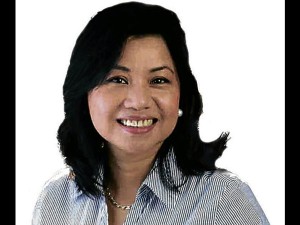SEOUL – The Group of 20 major economies held an emergency conference call Sunday to discuss possible coordinated action to minimise market volatility, a South Korean official said.
The call came after Standard & Poor’s cut the US credit rating for the first time in history Friday, saying America’s politicians had been increasingly unable to get to grips with its massive fiscal deficit and debt load.
South Korean officials said G20 deputy finance ministers participated in the teleconference early Sunday.
“Serious discussions” are continuing as the G20 seeks to contain market disruption from Standard & Poor’s move and Europe’s debt woes, Vice Finance Minister Yim Jong-Yong said.
But he said the current issues would not lead to another global economic crisis, after talks with policymakers from the Bank of Korea and financial regulatory bodies.
G20 states agreed to consider issuing a joint pledge to make efforts to soothe the global financial market, an unnamed finance ministry official told Yonhap news agency.
“Although it’s not confirmed, (the countries) are reviewing issuing a joint statement before Asian financial markets open,” the official was quoted as saying.
At the conference, the United States highlighted the fact that two other key credit rating agencies vowed to keep their US ratings unchanged, he said.
Earlier deputy finance minister Choi Jong-Ku said South Korea’s confidence in US Treasuries had not changed despite S&P’s move.
“There will be no change in South Korea’s foreign exchange reserves policy,” he told Dow Jones Newswires.
South Korea keeps only a small portion of its reserves in US Treasuries. US Treasury department data showed South Korea had around $29.2 million in US debt holdings at the end of February.
At the end of July South Korea had a total of $311.03 billion in foreign reserves, the seventh largest in the world.
Seoul officials have acknowledged that South Korea’s economy and financial markets will feel short-term effects stemming from heightened external uncertainties.
But Yim said there was no cause for concern.


